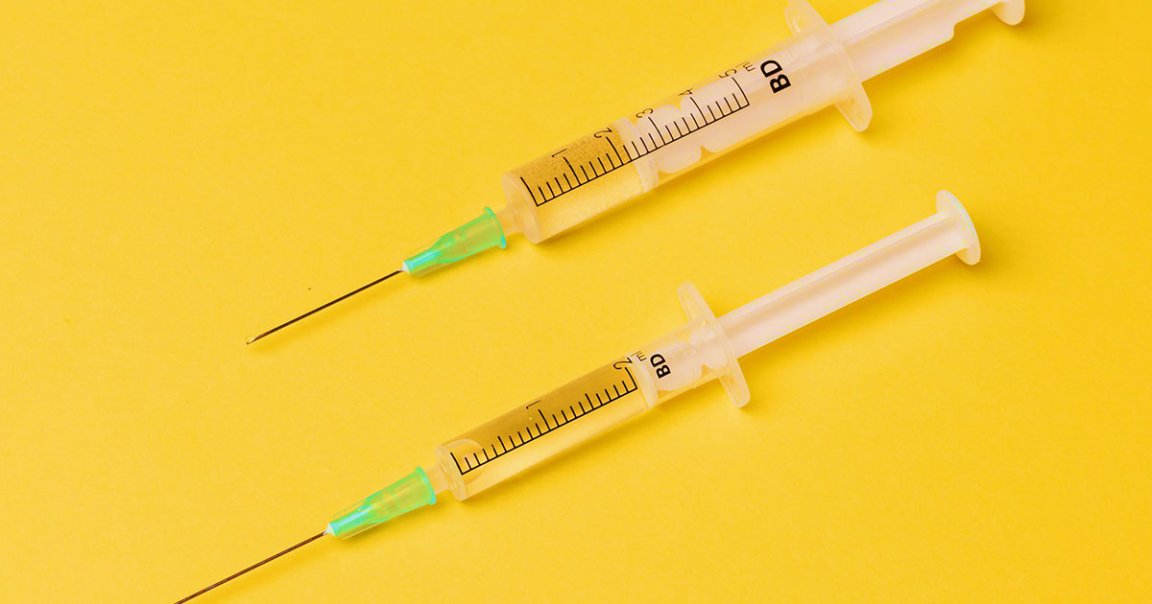
An experimental COVID-19 vaccine developed by Moderna is beginning its final round of testing on Monday.
After passing the previous stages that are more focused on safety and identifying side effects, the new clinical trial will measure how effective the vaccine, dubbed mRNA-1273, actually is when it comes to preventing disease, NPR reports. Over the next few months, Moderna will determine whether the vaccine provides protection against the coronavirus.
A robust phase three clinical trial must be massive in order to produce robust, trustworthy data. Moderna is still actively recruiting volunteers, NPR reports, and hopes to get at least 30,000 participants to sign up. Half of them will get two injections of the vaccine spaced 28 days apart, while the other half will receive a saltwater placebo.
Participants will then be left to go about their daily lives, and the doctors running the trial will keep track of who catches the coronavirus and when. That means the study will take several months, NPR reports, especially because the virus may be spreading at different rates or be more prevalent in some participants’ communities than others.
But when all is said and done, Moderna’s vaccine will have to reach some strict goals, NPR reports. The vaccine will be considered effective as long as no more than about 150 participants — just one percent of everyone actually getting the vaccine — catch the coronavirus after their injection.